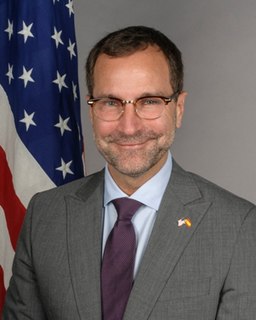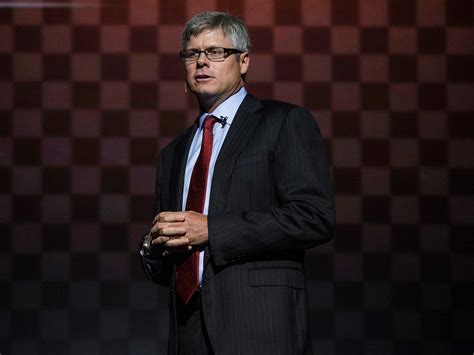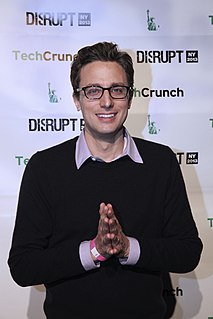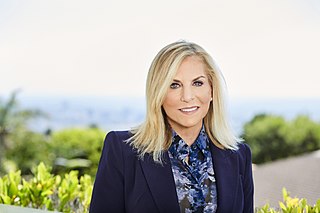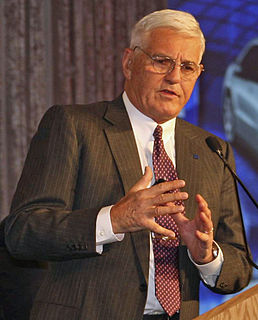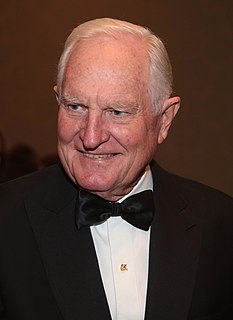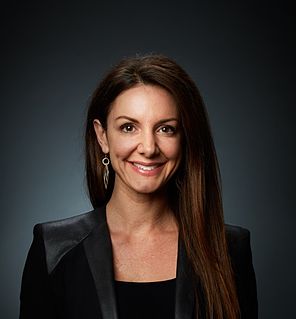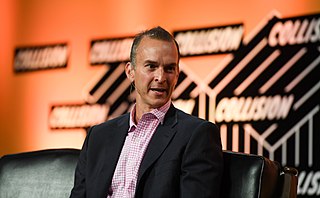A Quote by Harry E. Sloan
The issue for the major companies is how, is how when and where to make their content online. So you look at these major cable companies, whether it's Disney or Time Warner, News Corp., ESPN, USA, they're being very very careful, about making their content available over the internet, and they're trying to figure it out.
Related Quotes
The Canary Islands offer special incentives to companies looking at potential filming locations, so it was only logical for me to help the local government make connections with major U.S. film studios like Universal, Fox, Sony, Disney, Paramount, Time Warner, 21st Century Fox, CBS, Viacom, Comcast, HBO, Netflix, Warner Brothers etc.
I'm even stunned at some of the majors you can get in college these days. Like you can major in the mating habits of the Australian rabbit bat, major in leisure studies... Okay, get a journalism major. Okay, education major, journalism major. Right. Philosophy major, right. Archeology major. I don't know, whatever it is. Major in ballroom dance, of course. It doesn't replace work. How about a major in film studies? How about a major in black studies? How about a major in women studies? How about a major in home ec? Oops, sorry! No such thing.
'On demand' is more than just a series of clicks on your still-too-complicated remote control. In fact, it is now the best way to describe what the cable industry - from programmers to content makers to distributors - imagine their world is. Services and content available to very demanding consumers, wherever, whenever, however.
You will never ever, in any circumstance, win any struggle at any time. That being said, we have a long way to go. At the moment, the battle over network neutrality is not to completely eliminate the telephone and cable companies. We are not at that point yet. But the ultimate goal is to get rid of the media capitalists in the phone and cable companies and to divest them from control.
Whether it's Facebook or Google or the other companies, that basic principle that users should be able to see and control information about them that they themselves have revealed to the companies is not baked into how the companies work. But it's bigger than privacy. Privacy is about what you're willing to reveal about yourself.
I think companies over the last 10 years have done a very bad job of explaining to their employees what the intrinsic risks are. All I know is, if you wait until you let the employee go to deal with the issue of how do you communicate to the employee about being let go, it's too late to do anything.
We tend to think of Steam as tools for content developers and tools for producers. We're just always thinking: how do we want to make content developers' lives better and users' lives a lot better? With Big Picture Mode, we're trying to answer the question: 'How can we maximize a content developers' investment?'

